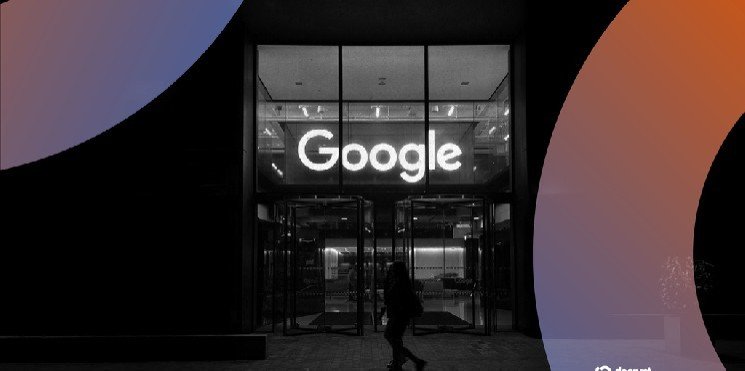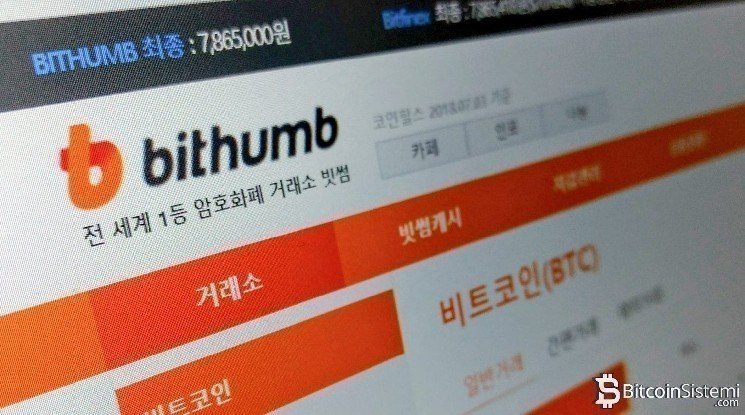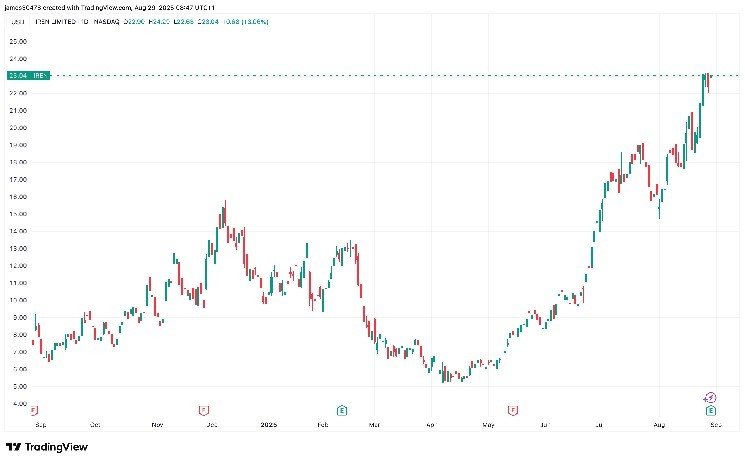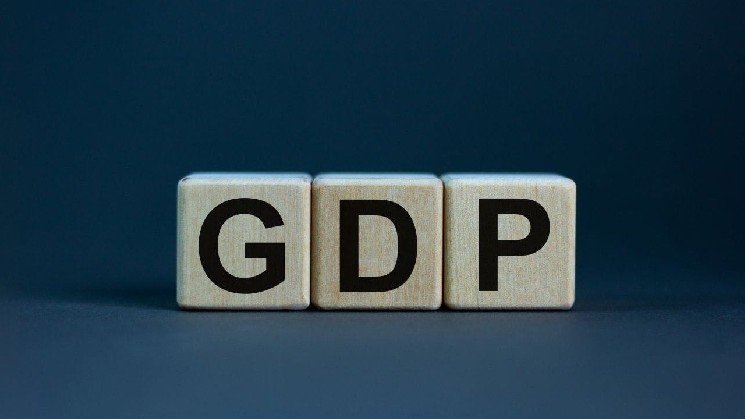
Cover image
**Focus Keyphrase:**
– **Google Search History**
**Long-tail Keywords:**
– Google search history in court case
– Criminal intent and Google searches
– Using Google searches as evidence
– Privacy concerns in legal proceedings
—
**Title:** Cryptocurrency Heist Defendants Challenge Prosecution Over Google Search History Usage
**Introduction:**
In a high-profile legal battle, two MIT-educated brothers are contesting the usage of their Google search history as evidence in a $25 million cryptocurrency heist case. The dispute revolves around whether their post-crime searches indicate guilt or were legitimate consultations with attorneys.
**Challenging the Use of Google Search History as Evidence:**
The brothers, Anton and James Peraire-Bueno, have recently filed a motion in a Manhattan federal court to prevent federal prosecutors from using their Google search history to establish criminal intent. The searches in question, including terms like “top crypto lawyers” and “wire fraud statute of limitations,” were conducted after the alleged crypto heist occurred. The defense argues that these searches were part of privileged attorney consultations following the supposed April 2023 theft, and their use in court would be unfairly prejudicial.
**Legal Interpretation of Post-Crime Searches:**
While U.S. District Judge Jessica G.L. Clarke now faces the task of determining the relevance of these post-crime searches, the central issue lies in whether the searches demonstrate a consciousness of guilt or merely reflect prudent legal discussions during the investigation. The defense emphasizes that such searches cannot automatically serve as proof of intent or guilt, highlighting the need for contextual evidence to establish any criminal inference.
**Expert Opinion on Google Search Histories:**
Legal experts weigh in on the matter, underscoring that Google search histories can provide insights but are highly context-dependent. Alex Chandra, a partner at IGNOS Law Alliance, emphasized the importance of corroborating evidence to align the searches with criminal intent. He noted that post-conduct searches are generally considered weaker evidence compared to pre-crime searches, which can indicate planning or intent. The defense’s argument rests on the assertion that the prosecution lacks witnesses to provide context for the searches, making any criminal inference speculative.
**Privacy Concerns and Legal Challenges:**
Apart from contesting the use of Google search history, the defendants are also moving to exclude news articles as hearsay with inflammatory descriptions and to block a Twitter screenshot of their alleged false signature. These legal maneuvers underscore the complexity and contentious nature of utilizing digital evidence in modern court cases.
**Conclusion:**
The case involving the Peraire-Bueno brothers brings to light the intricate legal challenges associated with using Google search histories as evidence. As the legal battle unfolds, it underscores broader questions around privacy, evidentiary standards, and the intersection of technology and criminal justice. The outcome of this dispute could have significant implications for how digital footprints are interpreted in future legal proceedings, highlighting the evolving landscape of cybersecurity and law enforcement practices.

















